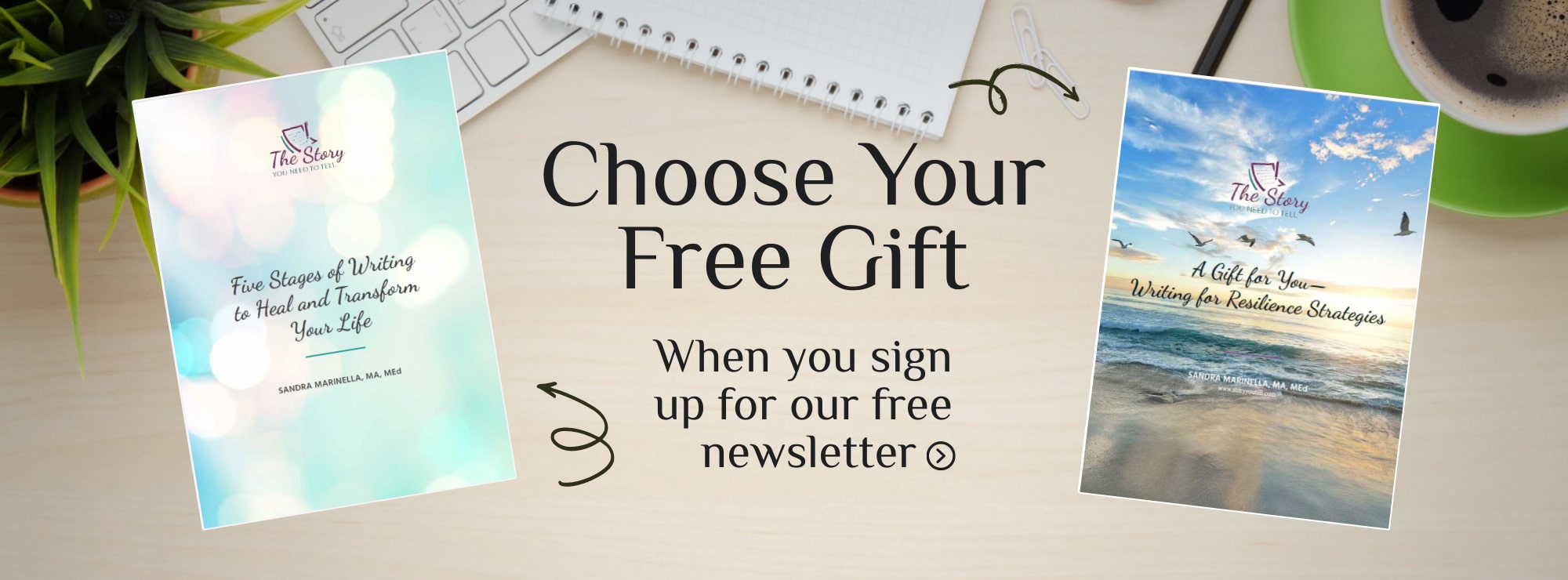The Guest House
Nine years ago, after my first writing class for cancer patients at Piper Cancer Center, Chloe inched shyly forward. She wanted to give me a gift. A poem. Rumi wrote,
This being human is a guest house.
Every morning a new arrival.
I was moved by the idea of the gift, and before COVID, I hugged students, and I am certain I hugged sweet Chloe. But when I read the poem later, I stuffed it in my jacket pocket. Something about the words irritated me. Then I forgot about it.
Ten years ago in the same building, I had waited for an unwanted guest. I shivered as the door of the box-like office swung open. A chalk-white radiologist strode in and motioned me to sit back. It seemed as if we were trapped in a black-and-white 16mm film of my life, a scary, surreal film — the kind of strange avant–garde ones Andy Warhol used to make in the ‘60s. There was no sound but the ghostly doctor distinctly mouthed the words, You have cancer.
An hour later I was curled up in the fetal position on the cold tile of my kitchen floor, rocking back and forth and feeling caught in the undertow of my mind. Unprepared. Thoughts swirling out of control. Jolted by surprise, I had joined the 250,000 women in the United States who each year learn they have breast cancer. I did not want this visitor.
The next morning, I drove to Changing Hands Bookstore where I often find solace not only in the space but in the pages of books. On this day I found a bright red journal and even before I went through the line to pay for it, I had scribbled my name in it and dubbed it, My Cancer Journal. These pages would hold my questions, my fears, and my heartfelt memories of test after test, physician after physician, and surgery after surgery in the coming year. In that time, I would see my mother’s scars from losing her breasts. In that time, I would lose both my breasts. In that time, I would cry and struggle to find my way forward. But I did. Cancer changed me, and my writing in the bright red journal was a huge part of this.
Today, as I finished teaching book club to a group of twelve sage women, many of them cancer patients or survivors, I realized it has been almost ten years since my diagnosis. At the end of class, one participant asked to read a poem that had helped her traverse her husband’s death to colon cancer and her own struggle with breast cancer. Vicki closed our class by reading these words,
The Guest House by Rumi
This being human is a guest house.
Every morning a new arrival.
A joy, a depression, a meanness,
some momentary awareness comes
As an unexpected visitor.
Welcome and entertain them all!
Even if they’re a crowd of sorrows,
who violently sweep your house
empty of its furniture,
still treat each guest honorably.
He may be clearing you out
for some new delight.
The dark thought, the shame, the malice,
meet them at the door laughing and invite them in.
Be grateful for whoever comes,
because each has been sent
as a guide from beyond.
This poem cut deep into my being as it had nine years ago. Oh, yes, I remembered the pain of these words as I first read them and stuffed them into my pocket. Then I was struggling to open the door to my own cancer. Struggling with an unwanted guest. I could not welcome and certainly not honor cancer. But now, all these years later, these words were lyrical and beautiful to me. As Vicki read them, I embraced them. For now, I could finally be grateful for my cancer. I could finally understand how it helped me become more of the person I needed to be.
As we all face this pandemic, another unwanted guest, I am trying to relearn the lesson Rumi’s poem held for me. I hope you will join me in allowing ourselves to sit with this difficult experience. Learn to accept it. Most of all, let us find a way to learn and grow from these unexpected challenges.



